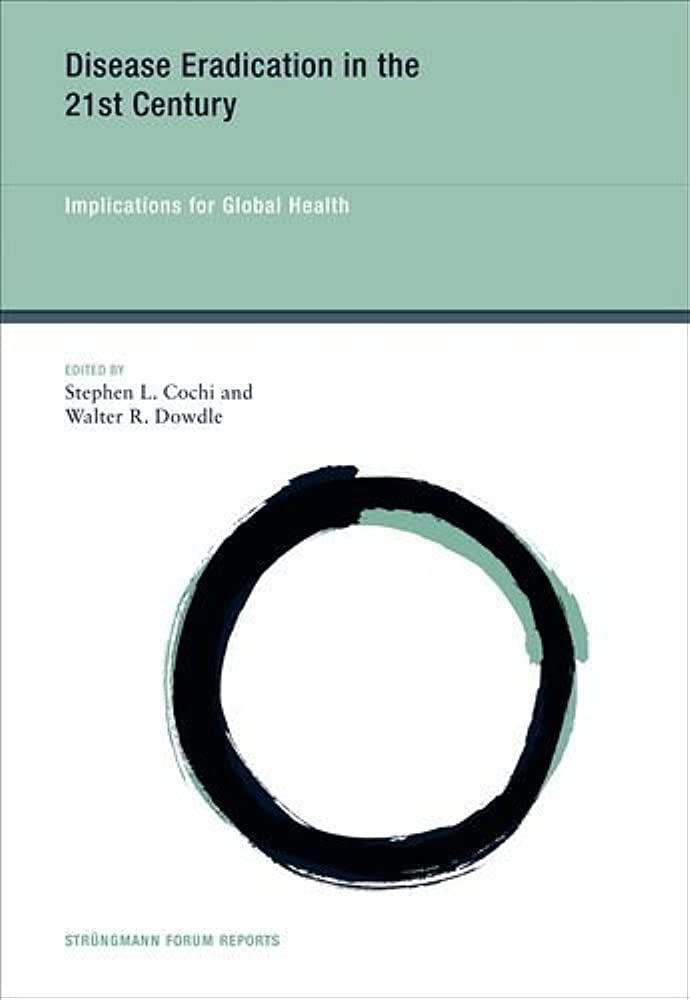
Experts explore the biological, social, and economic complexities of eradicating disease.
Disease eradication represents the ultimate in global equity and the definitive outcome of good public health practice. Thirty years ago, the elimination of smallpox defined disease eradication as a monumental global achievement with lasting benefits for society. Today, the global commitment to eradicate polio and guinea worm and heightened interest in the potential eradication of other infectious diseases, including measles/rubella, lymphatic filariasis, onchocerciasis, and malaria, dominate public health concerns. But what does it take to eradicate a disease? This book takes a fresh look at the evolving concepts of disease eradication, influenced by scientific advances, field experience, societal issues, and economic realities. A diverse group of experts from around the world, representing a range of disciplines, examines the biological, social, political, and economic complexities of eradicating a disease.
The book details lessons learned from the initiatives against polio, measles/rubella, and onchocerciasis. Further chapters examine ethical issues, the investment case, governance models, organizational and institutional arrangements, political and social factors, feasibility of eradication goals, priority setting, and the integration of disease eradication programs with existing health systems. (Publisher)